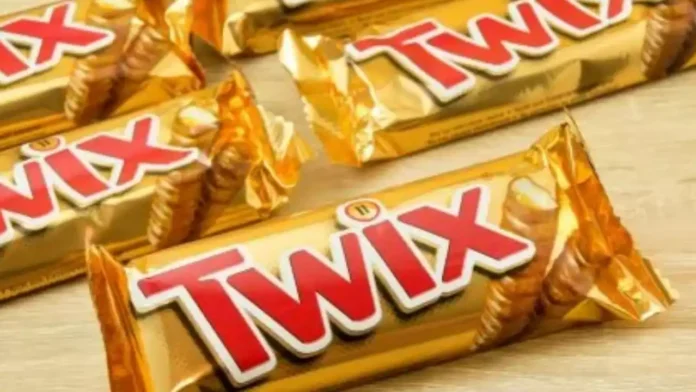Mars plans to inject €40 million ($43.3 million) into a chocolate factory in Germany, with a portion earmarked to bolster the production of its Twix brand.
Over the span of four years, Mars will undertake a project at the Viersen site in western Germany, involving the installation of a new packaging line specifically for Twix chocolate. This decision comes in response to the company’s observation of a surge in demand for the product. Consequently, this initiative will enable the packaging of additional Twix bars directly at the site.
Evelina Wagner, Managing Director of the local Mars Confectionery Supply unit, noted that a portion of the investment will be allocated towards enhancing “the ergonomics of the workplace on the production lines” and facilitating “more sustainable production” practices.
Continue Exploring: Mars invests $70 Million in Hackettstown facility to drive innovation and manufacturing advancements
At the Viersen site, which is privately owned, the group employs over 320 individuals. This location serves as the production hub for chocolate bar brands such as Twix and Balisto, as well as the boxed Celebrations brand.
Production Targets: Mars aims for increased output by 2026/2027
In Viersen, Mars processes 59,300 tons of chocolate goods daily, which is roughly equivalent to ten million pieces of chocolate. The company has set a target to increase its manufacturing output to 70,000 tons by 2026/2027.
Across its six sites in Germany, situated in North Rhine-Westphalia, Lower Saxony, Bavaria, and its M&M’s flagship shop in Berlin, Mars employs over 2,200 workers.
The cash infusion, Wagner added, was a “contribution” to the company’s aim of reaching net zero emissions in its “entire value chain by 2050.” “We are very proud that our volumes are growing while at the same time significantly lowering our factory’s energy requirements and emissions,” Wagner said.
In 2021, the Snickers producer pledged to reduce carbon emissions by 50% by 2030 across its entire value chain, using a 2015 baseline as reference.
The group has revised its emissions targets multiple times in recent years. Two years ago, Mars declared its aim to achieve net zero emissions by 2050. In September of last year, the company reported a reduction of 8% in emissions, amounting to 2.6 million metric tons.
Continue Exploring: Mondelez International resumes Oreo cookie production in Ukraine





